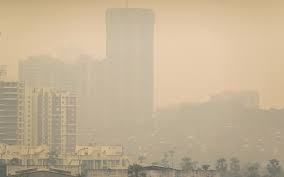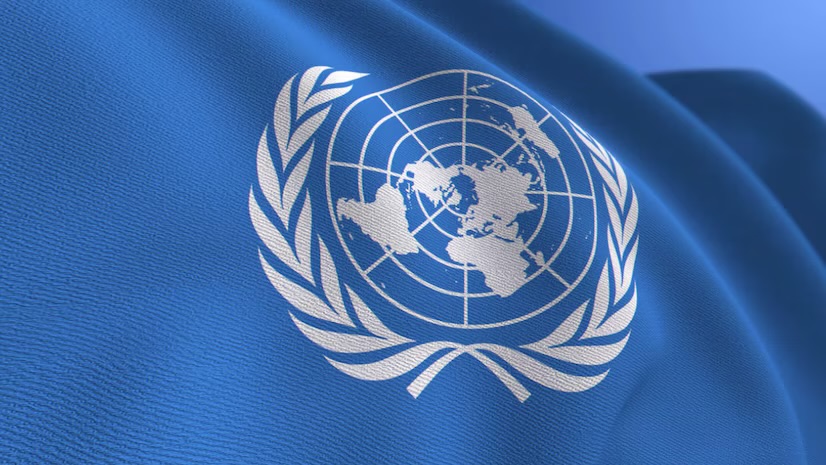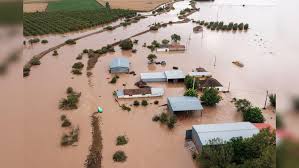Report: 99 of World’s 100 Most Polluted Cities in Asia, New Study Finds

A recent report by IQAir has shed light on the alarming state of air pollution worldwide, with Asia bearing the brunt of the crisis. According to the study, all but one of the 100 cities with the worst air quality last year were located in Asia, raising significant concerns about the health risks faced by billions of people globally.
The report highlights that a staggering 83 of these cities were in India, with pollution levels exceeding the World Health Organization’s air quality guidelines by more than 10 times. The study focused on fine particulate matter, or PM2.5, which poses the greatest threat to human health due to its ability to penetrate deep into lung tissue and enter the bloodstream.
Frank Hammes, CEO of IQAir, emphasized the profound impact of air pollution on public health, noting that it could potentially reduce individuals’ lifespan by several years. He underscored the urgent need for improved air quality to prevent unnecessary suffering and premature deaths.
Begusarai, a city in northern India’s Bihar state, topped the list as the world’s most polluted city last year, with PM2.5 concentrations exceeding WHO guidelines by 23 times. Other Indian cities, including Guwahati, Delhi, and Mullanpur, also ranked among the most polluted globally.
The report highlights the disproportionate impact of air pollution on South Asia, where 29 of the 30 most polluted cities were located. This concentration of pollution poses significant challenges for public health and underscores the need for urgent action to address the root causes of air pollution.
While the report identified a few bright spots, including improvements in air quality in some regions, it also emphasized the need for concerted efforts to tackle air pollution on a global scale. Increased pressure from communities, NGOs, and scientists to monitor air quality signals a growing recognition of the importance of addressing this critical issue.
As the world grapples with the health and environmental consequences of air pollution, urgent action is needed to reduce emissions and protect the health and well-being of billions of people worldwide.


















Facebook Comments